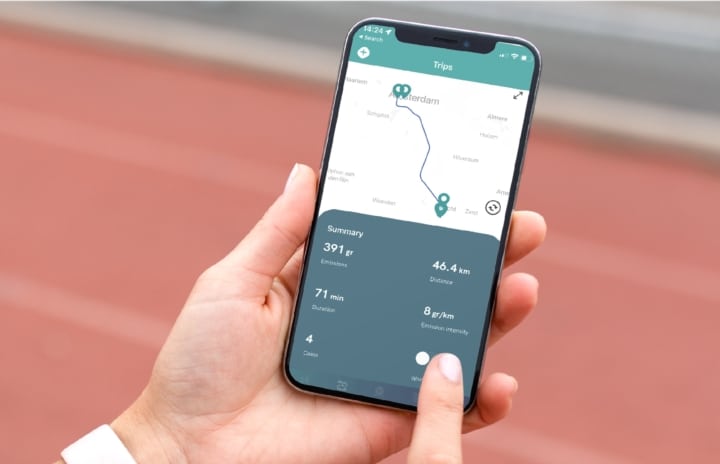What has changed about the Norming Regulation Work-Related Person Mobility?
Question:
What do the following terms have to do with each other?
- Climate Agreement
- Environment Act
- Normative Regulation Work-related Personal Mobility
- Reporting Obligation Work-Related Mobility of Persons
In short, this is the correct answer:
In the Climate Agreement, it was agreed that CO2 emissions must be reduced by 49% by 2030 compared to 1990.
To achieve this, the Environment Act was created. On March 14, 2023, the 1st Chamber approved this law. This means that the law will go into effect on July 1, 2024. This law encompasses a lot. For example, it should make it easier for citizens and businesses to apply for permits for new homes, roads and bicycle paths, and other spatial ordinance projects. This law also merges all kinds of existing laws, such as the environment, water, and nature, and makes them more compatible.
On April 19, 2021, State Secretary Heijnen informed the chamber about the agreements in the Climate Agreement. One of the agreements is that CO2 emissions for business travel (which includes commuting) must be reduced by 1 megaton compared to 2019. To be clear, one megaton is 1,000 million kilograms!
The way we move around accounts for 27% of total CO2 emissions, more than half of which is business travel. These are all the trips we make to and from work. Big steps can be taken in this transport sector.
Initially, the proposal was to impose a mandatory standard on employers, or the Normative Regulation of Work-Related Personal Mobility. This mandatory standard has -for the time being- been dropped.
The Normative Regulation Work-related Personal Mobility is part of the Environment Act. Because the prescriptive standard will not be introduced for the time being, its name has been changed to the Reporting Requirement Work-related Mobility of Persons.
The goal is to use the Reporting Requirement Work-related Mobility of Persons to gain insight into how much is being emitted. On July 1, 2024, all employers with more than 100 employees will start registering all business travel movements. In 2025 we will see where we stand. If the collective CO2 emissions exceed the interim ceiling, a binding standard will be imposed on each employer.
We already wrote about it in our blog on the Normative Regulation and actually, nothing has changed except the name. Therefore, here is a list of what you as an employer should take into account:
- Applies for now only to employers with more than 100 employees.
- The annual reporting requirement of all commuting and business mileage
- Expected effective date July 1, 2024; expected report submission date July 1, 2025
- That means registration from July 1, 2024, is mandatory!
- Target: emit 1 megaton (1,000 million, or 1 billion kilograms!) less CO2 than in 2019
The ultimate goal, of course, is to combat climate change. Not only as an employer but also as an employee or (small) entrepreneur you can do a lot by making small changes in your behavior.
Ask yourself: are you going to pay attention to your CO2 emissions because the government asks you to or because you find it important? This question is almost rhetorical and yet we need to keep asking it out loud, to ourselves and the people around us.
With Fynch we are working on this a lot. Our platform and app help employers, and employees, with insight into your travel behavior. It helps you improve with small steps for us to reach our goals and make the earth a more beautiful place.
We are convinced that together we can make a difference, with Fynch we give you a beautiful tool that not only makes the world a little nicer but also makes your work more fun.
How and for whom? Read that here.

